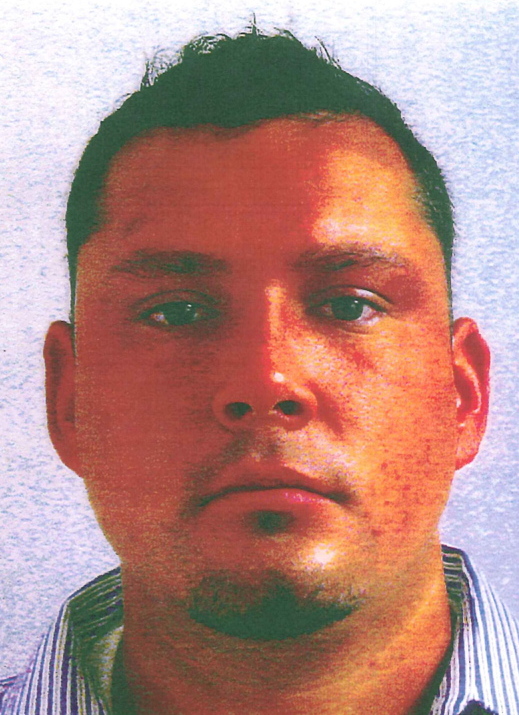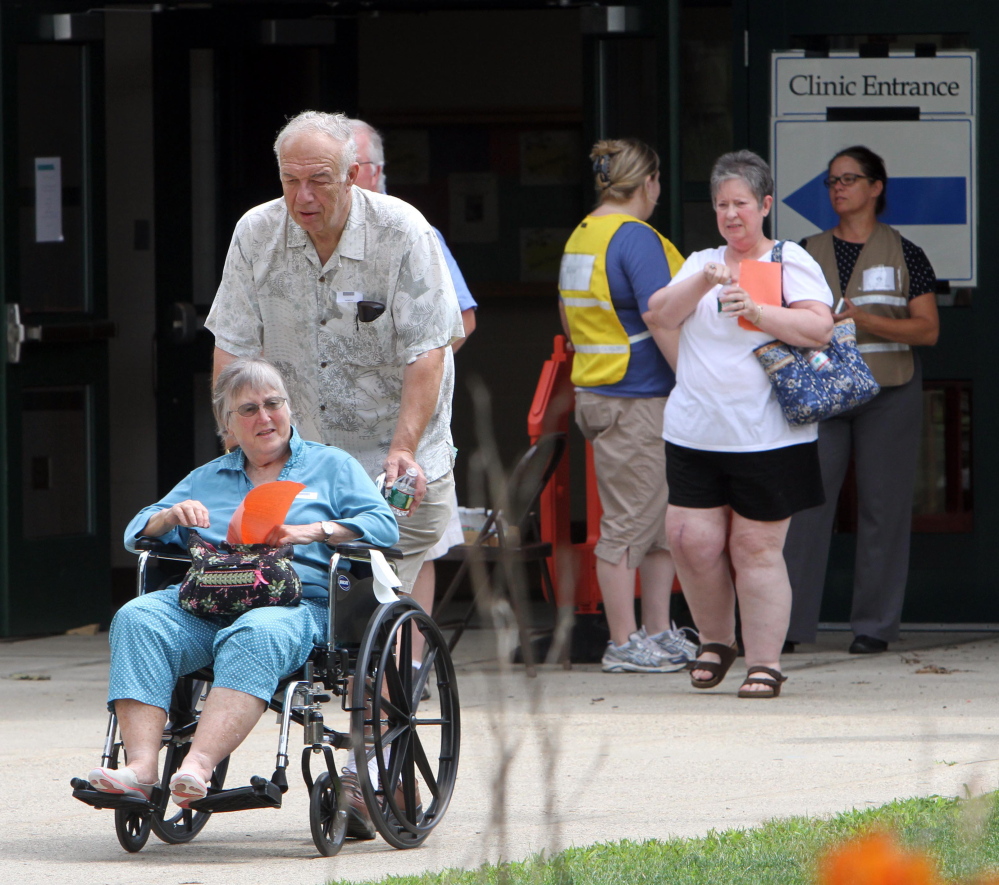CONCORD, N.H. — David Kwiatkowski’s six-month stint at the Baltimore Veterans Affairs medical center was about to end in 2008 when a doctor proposed extending the traveling technician’s contract. Don’t do it, one nurse warned.
“If you keep him, we’re going to management, the police, and outside the VA, because you would be putting our licenses in jeopardy,” the nurse, Ron Warnick, said amid suspicions that Kwiatkowski was tampering with medications, according to recently released court documents.
Kwiatkowski’s contract wasn’t extended, but he went on to work in nine more hospitals in five states, stealing drugs and infecting patients with hepatitis C through tainted syringes along the way. The criminal case against him ended last week when he was sentenced to 39 years in prison for 16 federal drug convictions in New Hampshire.
Now the push is for hospitals, state lawmakers and federal officials to fix the problems his prosecution revealed.
Kwiatkowski’s “trail of infection” helped unmask a problem that was a growing concern for the Centers for Disease Control and Prevention and across the public health system, said Joseph Perz, who specializes in injection safety and infection control at the CDC.
“If there is a silver lining, it is that we’re seeing some movement toward broader prevention, and that’s a very good thing,” he said.
Medical technicians aren’t as closely regulated as doctors or nurses, and there is no nationwide database of misconduct or disciplinary actions against them, as there is for physicians. While some states require certain technicians to be licensed, four of the states where Kwiat kowski worked don’t license any of them.
Hospitals and staffing agencies are supposed to share responsibility for verifying that workers have licensing and good reputations, but Kwiatkowski was able to move from job to job and state to state despite having been fired numerous times over allegations of drug use and theft. In one case, police were called but declined to bring charges; in another, he was fired but not reported to police.
In all, patients were infected in New Hampshire, Maryland, Kansas and one Pennsylvania. Kwiatkowski also worked in Michigan, New York, Arizona and Georgia.
Since his arrest in July 2012, more than 12,000 people have been asked to get tested for hepatitis C, a blood-borne virus that can cause liver disease and chronic health problems, and 46 people been diagnosed with the same strain of the virus he carries.
“This defendant exploited critical gaps in reporting requirements to law enforcement, licensing authorities and the staffing agencies that place them throughout the country,” said U.S. Attorney John Kacavas, who prosecuted Kwiatkowski. Saying Kwiatkowski “cast a harsh light on the dirty little secret of drug diversion” in medical facilities, Kacavas has directed his office to work with other agencies to recommend tighter regulation in the hiring and management of health care workers.
In Maryland, where seven patients contracted hepatitis C from Kwiatkowski, lawmakers passed a bill requiring staffing agencies that find jobs for health care workers to obtain licenses. The state public health department also urged the state Board of Physicians to review its procedures for licensing health care professionals, noting that Kwiatkowski falsely obtained a radiographer certification and a Maryland license because no one verified what he had put down on his applications.
New Hampshire is one of several states that doesn’t license workers like Kwiatkowski, but that would change under pending legislation. Lawmakers are considering a bill that would create a licensing system for medical technicians and a registry that other states could search. Another bill would require hospitals to test employees for drugs if there was a reasonable suspicion of drug use.
New Hampshire officials also have been working with an advocacy group founded by a cancer patient who was infected with hepatitis C at a Nebraska clinic in 2002 when a saline bag that had been used on an infected patient was reused.
Steve Langan, director of Hepatitis Outbreaks National Organization for Reform in Nebraska, is meeting with federal Department of Health and Human Services officials next month, when he plans to push the agency to make preventing drug diversion a bigger priority.
“This is an immense, multifaceted problem, and until we truly engineer safety into the health care system, there’s going to be a risk,” he said.
Besides taking steps to better secure narcotic drugs, Perz said hospitals need to ask more questions when a worker gets caught. In the Kwiatkowski case, the investigation into a hepatitis C outbreak led to the discovery he was stealing drugs, but “we need to come at it the other way, too,” Perz said. That means when a worker steals injectable drugs, hospitals need to test that worker for hepatitis C and other diseases and determine whether patients were put at risk.
That didn’t happen in Kwiatkowski’s case until he got to New Hampshire, but Perz said he believes there is momentum for change.
“We’re at the point where there’s growing awareness of what’s been largely a hidden problem,” he said.
Send questions/comments to the editors.





Success. Please wait for the page to reload. If the page does not reload within 5 seconds, please refresh the page.
Enter your email and password to access comments.
Hi, to comment on stories you must . This profile is in addition to your subscription and website login.
Already have a commenting profile? .
Invalid username/password.
Please check your email to confirm and complete your registration.
Only subscribers are eligible to post comments. Please subscribe or login first for digital access. Here’s why.
Use the form below to reset your password. When you've submitted your account email, we will send an email with a reset code.